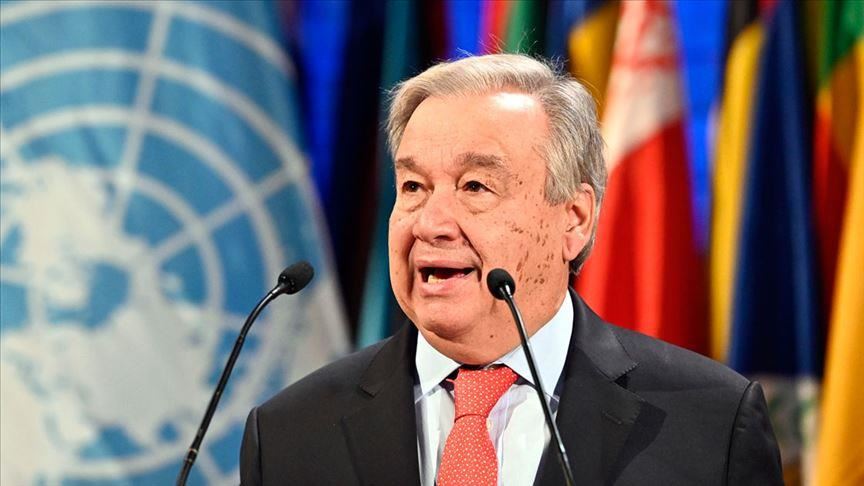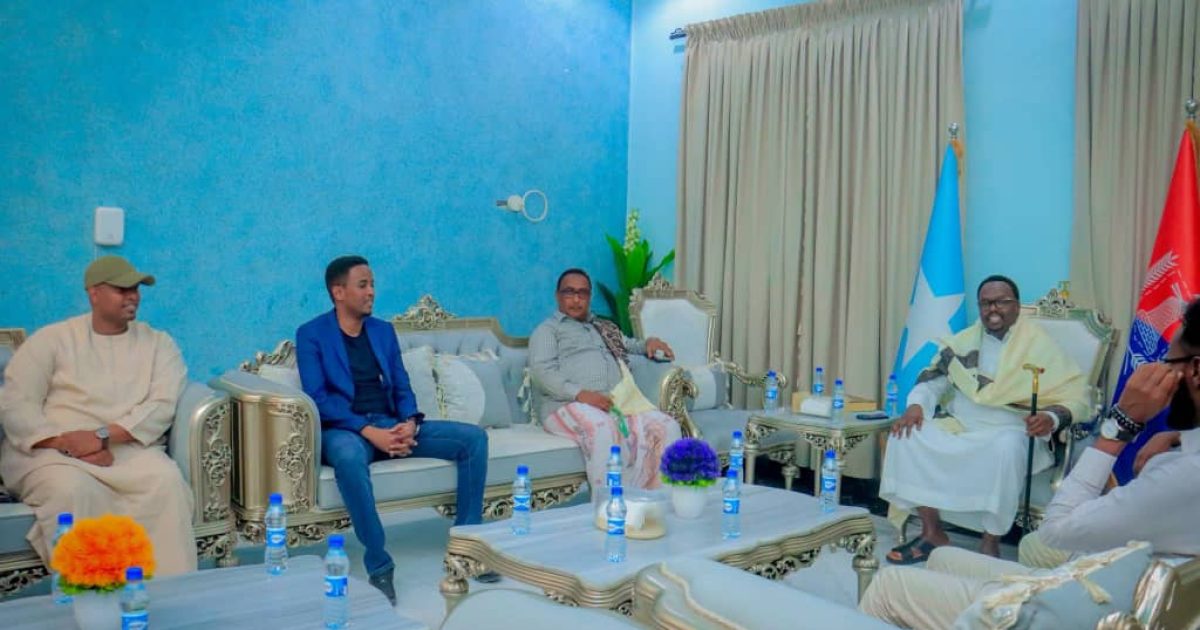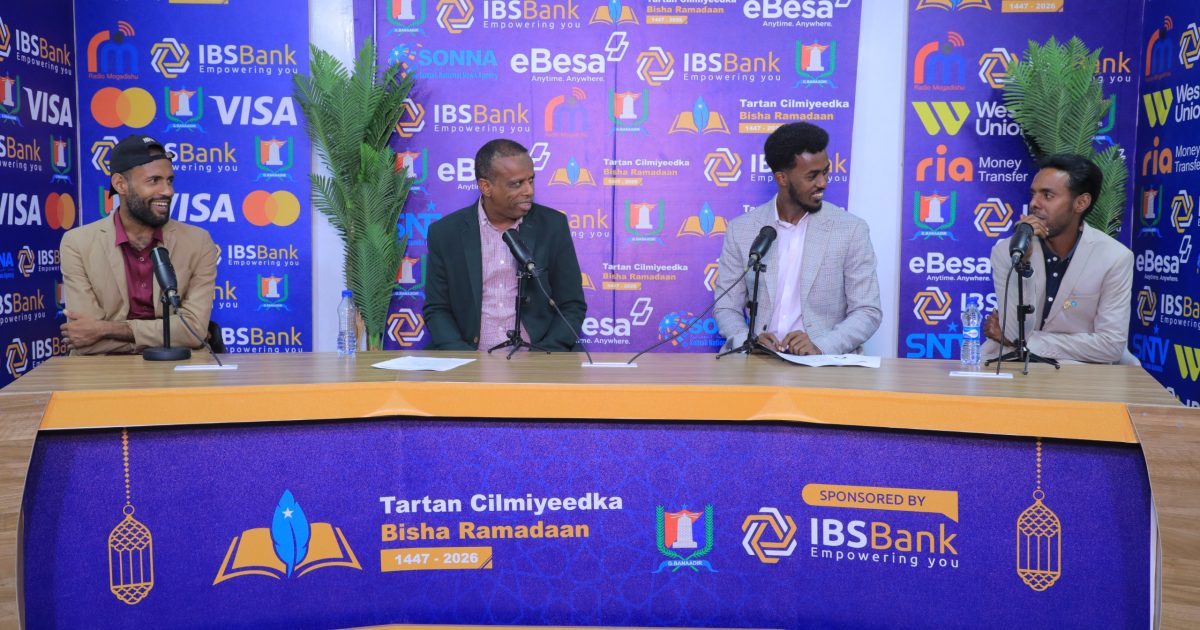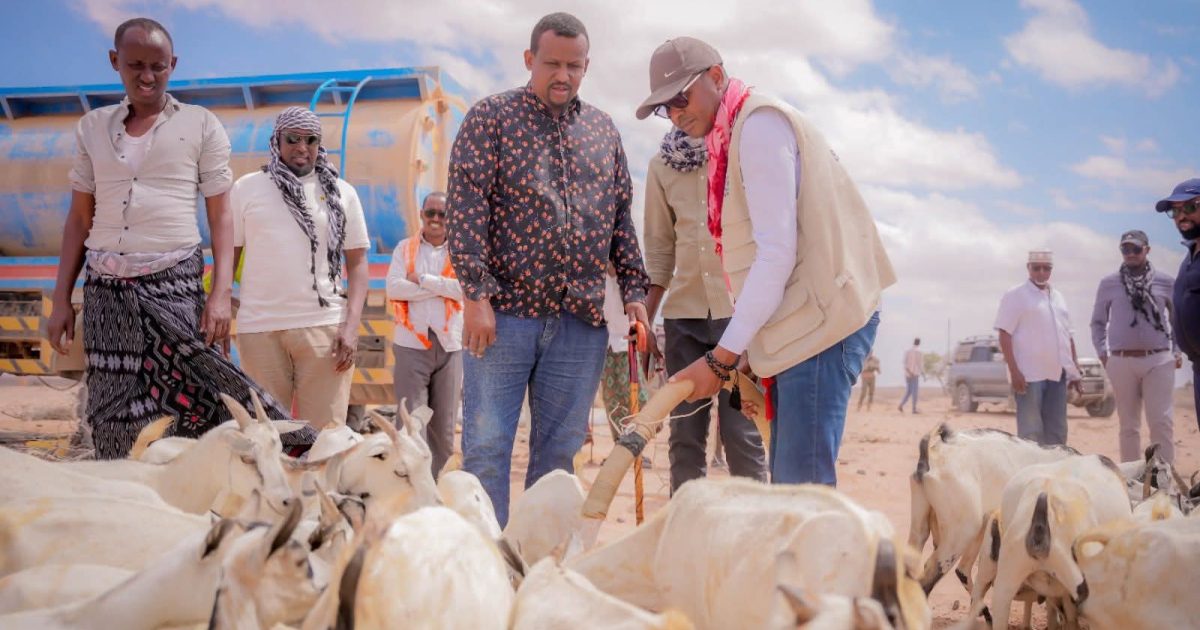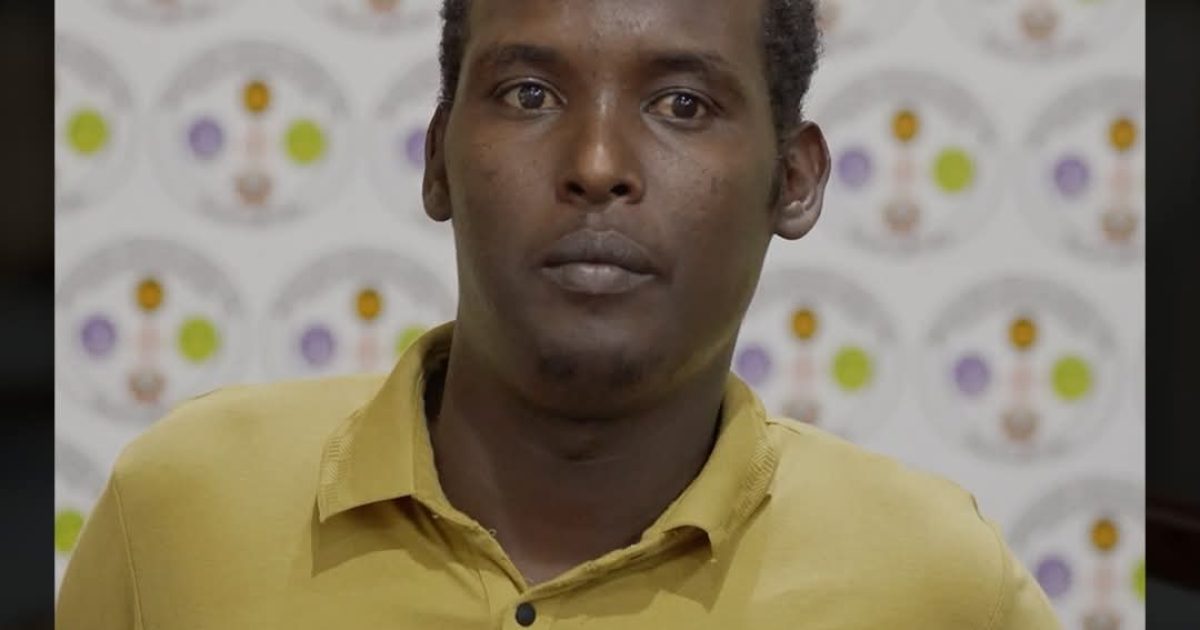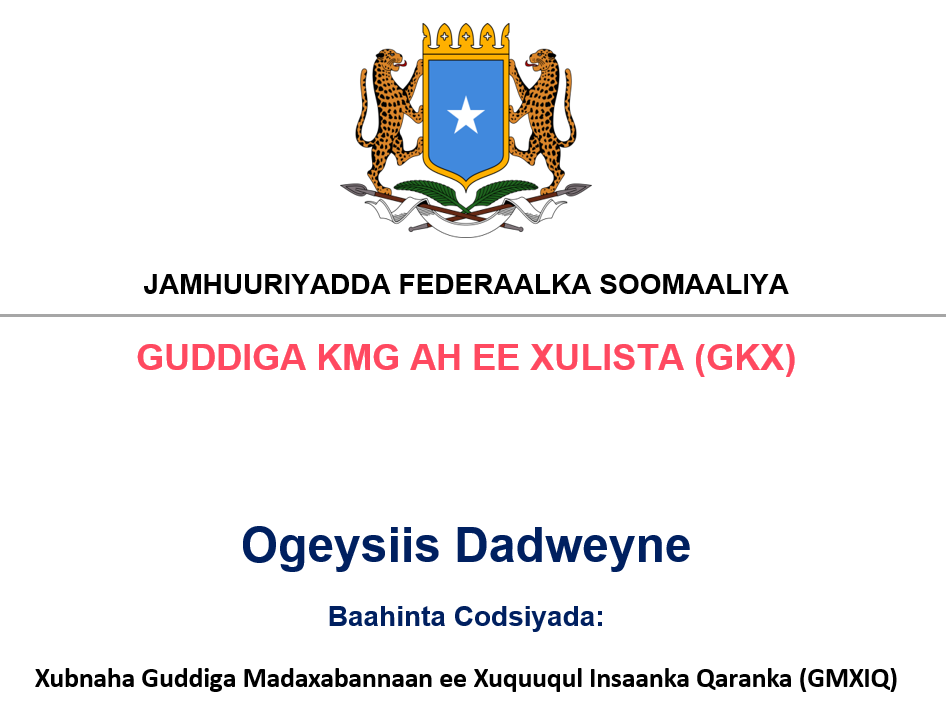The first-ever Global Refugee Forum in Geneva is a chance for the world to build a “more equitable response” to the refugee crisis, the UN chief said on Tuesday.
“It is a moment to jettison a model of support that too often left refugees for decades with their lives on hold: confined to camps, just scraping by, unable to flourish or contribute,” UN Secretary-General Antonio Guterres said in his opening remarks.
The three-day forum is hosted by Switzerland between Dec. 16-18 and is co-convened by Turkey, Costa Rica, Ethiopia, Germany, and Pakistan.
Guterres said those nations are “all generous hosts of refugees and longstanding champions of the cause” and observed that “generosity is not always proportional to wealth.”
“The world owes all countries and communities that welcome large numbers of refugees a debt of gratitude,” said the UN chief.
Gratitude is not enough, he said, and at a time of turbulence, the international community needs to “far more shoulder this responsibility together.”
More than 70 million people were forcibly displaced, including more than 25 million refugees, by the end of 2018, according to the UNHCR, UN’s refugee agency.
The UNHCR described current numbers the “highest levels of displacement on record.”
“Divisions and rivalries around the world are contributing to unpredictability and insecurity. The climate crisis is deepening existing fragilities. Many in our societies feel alienated and left behind,” he said.
Guterres praised developing and middle-income countries for hosting most of the refugees but said they need greater support “not just in the humanitarian response but also in the context of development plans, as well as more financial support.”
At a time when the right to asylum is under assault, with many doors are closed to refugees, and when so many child refugees are detained and divided from their families, the world needs to “reaffirm the human rights of refugees,” he urged.
Guterres said the forum offers an opportunity to give the Global Compact on Refugees “energy and dynamism — by drawing together the expertise, ideas, resources, commitment, and new forms of collaboration that will drive it forward.”
He also stressed it was encouraging to see the forum bring together states, refugees and stateless people, international and regional organizations, business leaders, financial institutions, civil society, faith organizations, the arts and the world of sport.
AA.com


